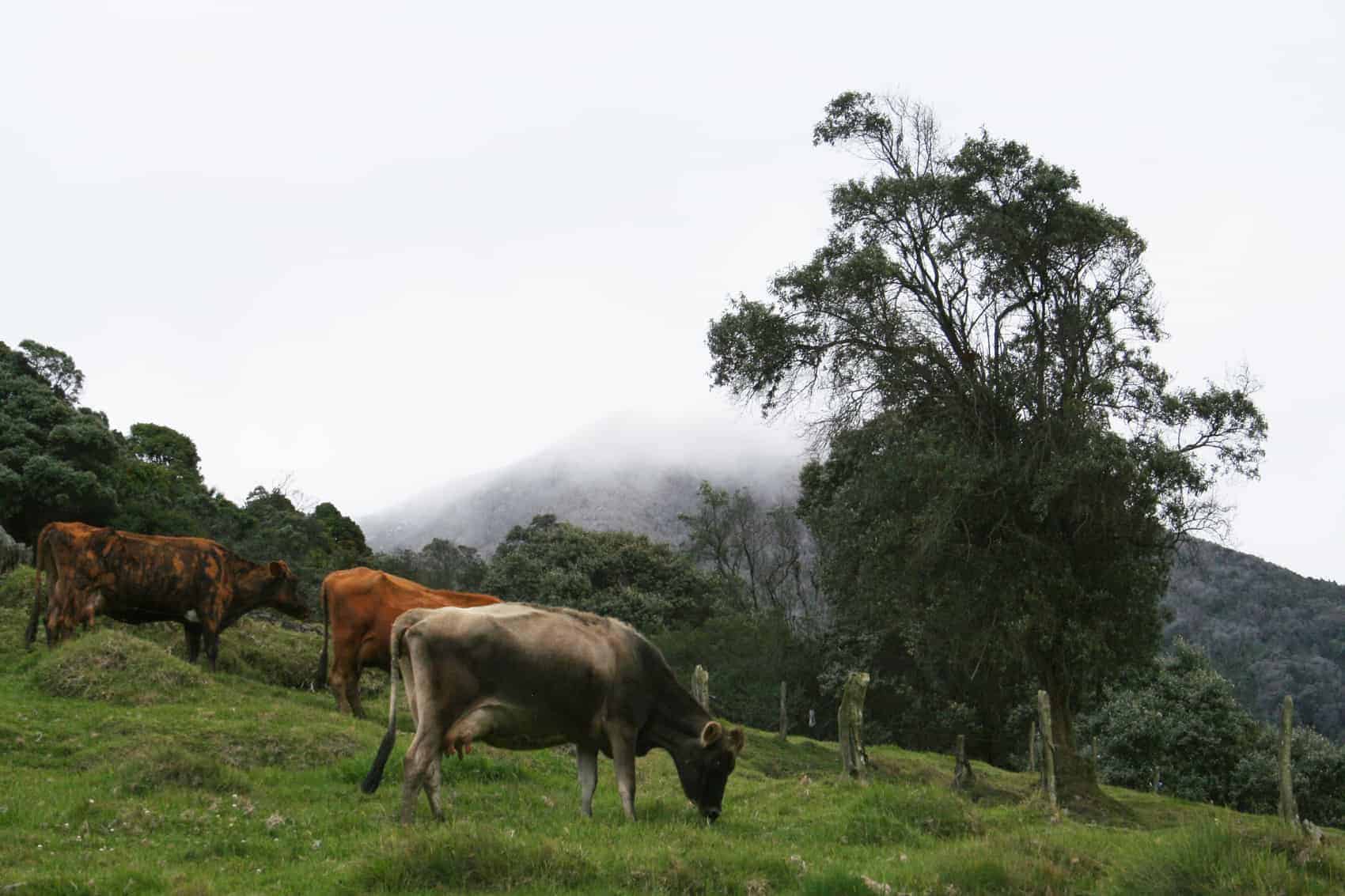Fifteen cattle farms in the Brunca Region participate in the first pilot project to identify and monitor the application of good practices and beef production. The plan aims to enable farms to use methods that allow them to continue their activities without deforesting. The initiative, promoted by Corporación Ganadera (Corfoga) and the FAO-UNDP SCALA Program, provides a guide to help farms improve their internal administration and registration processes, as well as the management and feeding of their livestock.
Last October, Costa Rica surpassed the goal of 1800 livestock farms adapted to climate change by 2022 and continues to increase the number of landowners interested in becoming more productive while contributing to the fight against climate change. “The pilot plan will be carried out in the Brunca region. However, later it will be scaled up nationally to have a certified deforestation-free and grazing-free product on the market,” said Luis Diego Obando, executive director of Corfoga.
In addition, through this project, they expect to guarantee an adequate use of soils, water, and resources to generate higher productivity in the farms. Farms that meet all quality standards will receive an economic incentive and a certificate, which allows consumers to obtain information on the origin of the meat and the sustainable management practices carried out.
These sustainable production training programs are critical because the country’s cattle herd grew from 1.4 million head in 2020 to more than 1.6 million in 2021, and the pasture area did not increase during that period. “Sustainable intensification of production in a smaller area is fundamental for the national producer. It’s about producing more with less off-farm inputs and increasing profitability,” said Jorge Segura, MAG’s Livestock Program coordinator.
Livestock can reduce greenhouse gas (GHG) emissions by sequestering carbon through proper soil and pasture management, helping producers to optimize livestock productivity, according to the Food and Agriculture Organization of the United Nations (FAO).
“It is a unique opportunity to enhance and replicate a truly sustainable livestock farming in the country, which avoids forest degradation, ensures food availability, and generates more jobs. It also protects nature and develops adequate management of land, water, and natural resources for future generations,” said Andrea Padilla, FAO assistant representative in Costa Rica.
The SCALA Program in Costa Rica is working on a climate action agenda to strengthen the agricultural sector and protect the environment.






